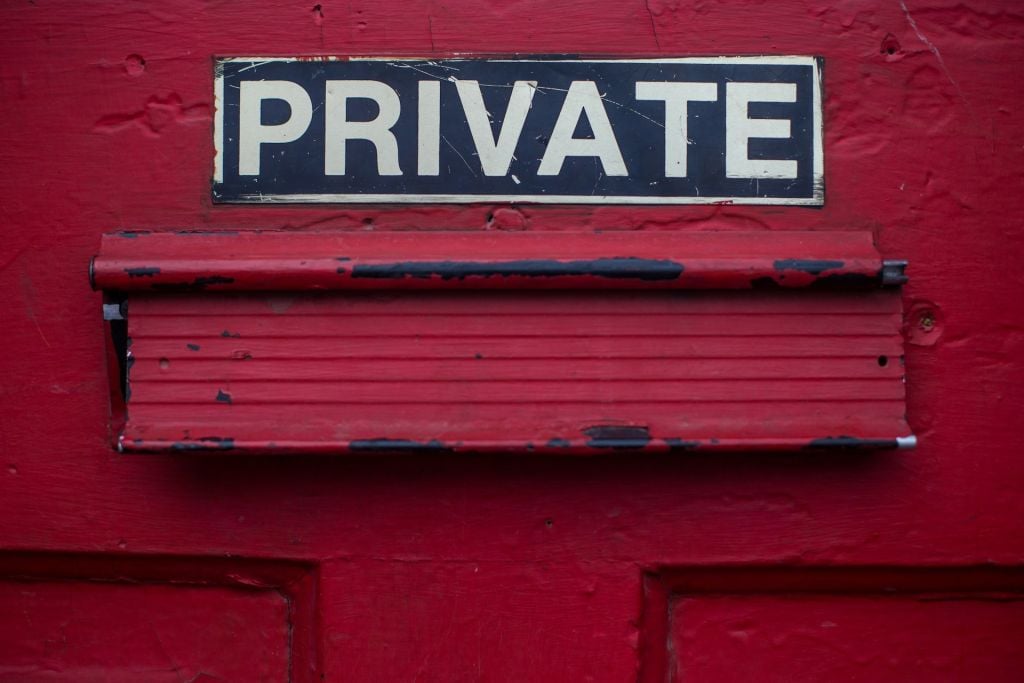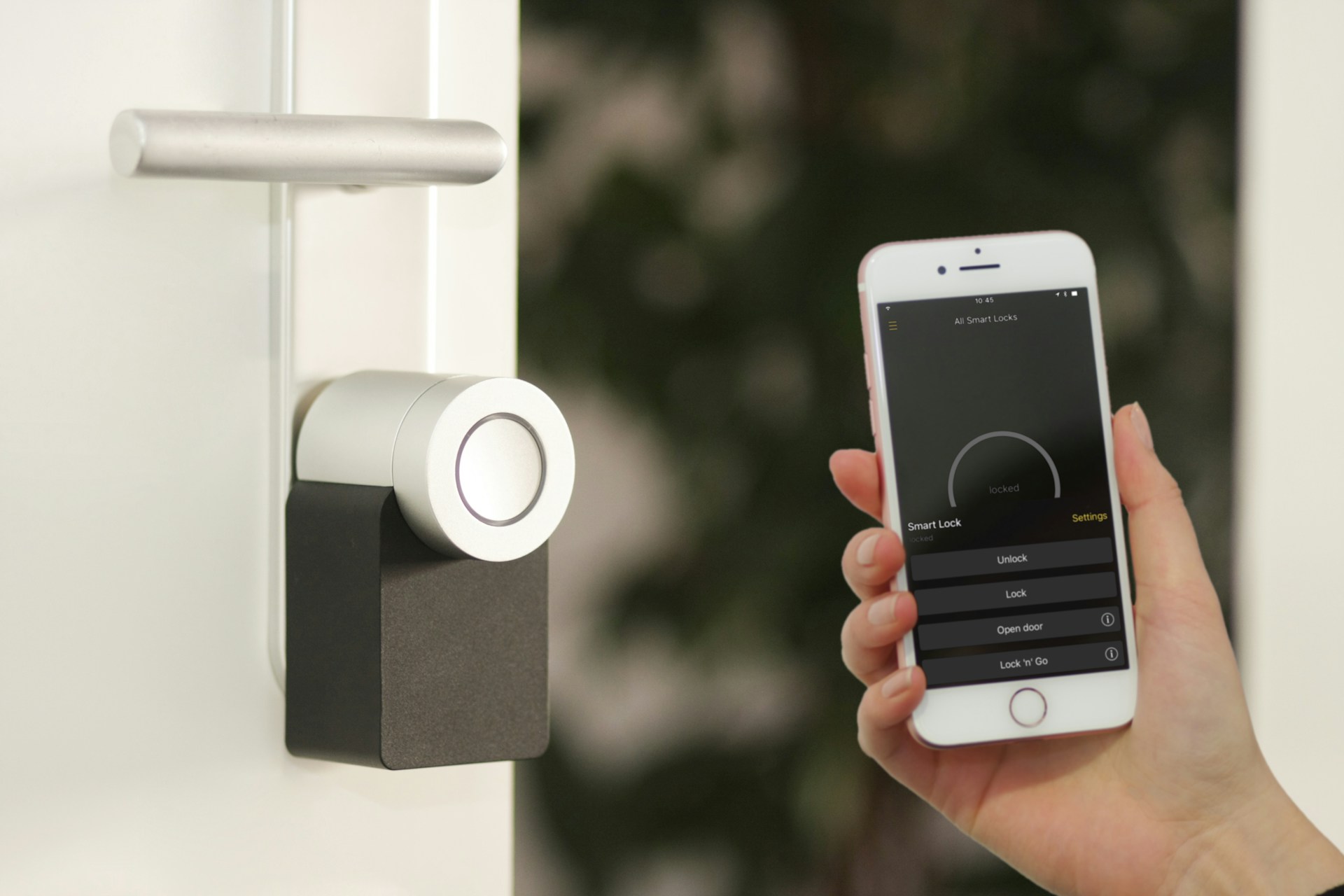Virtual Private Networks (VPNs) aren’t just for privacy-focused individuals anymore—they’re now a critical part of how businesses protect data and manage remote teams. But if you’ve ever looked at VPN options, you’ve probably noticed two main categories: consumer VPNs (aimed at individuals) and business VPNs (designed for companies).
At first glance, they look similar: both encrypt your internet traffic, hide your IP, and provide safer browsing. But under the hood, they’re very different tools, built for different needs.
If you’re wondering which one is right for you or your organization, let’s break down the key differences between business VPNs and consumer VPNs.

1. Purpose: Privacy vs. Control
The biggest difference comes down to why these VPNs exist.
-
Consumer VPNs are designed to protect individuals. They keep your personal browsing private, prevent tracking, and help you access region-blocked content like Netflix or YouTube. The focus is on anonymity and online freedom.
-
Business VPNs are built for organizations. They’re not about streaming shows from another country—they’re about securing company data, managing remote access, and controlling who can connect to internal systems. Their focus is on centralized security and productivity.
Think of it this way: a consumer VPN is like locking your bedroom door for privacy, while a business VPN is like securing an entire office building with keycards and security guards.
2. User Management
-
Consumer VPN: Usually one account, a handful of devices, and that’s it. You manage your own settings and connect whenever you want.
-
Business VPN: Comes with centralized admin control. An IT manager can create or remove accounts, enforce policies (like “VPN must always be on”), assign permissions, and monitor usage. This is critical when you have dozens or hundreds of employees accessing sensitive systems.
Without centralized control, companies would be relying on employees to configure their own VPNs correctly—which is a recipe for mistakes.
3. Authentication and Access
-
Consumer VPNs: Typically just require a username and password to log in. Some advanced services may offer two-factor authentication, but it’s not standard.
-
Business VPNs: Use stronger authentication methods like:
-
Multi-Factor Authentication (MFA)
-
Single Sign-On (SSO) integration
-
Role-based access (employees only see the data or apps they’re allowed to)
-
This ensures that even if an employee’s password gets stolen, attackers can’t easily access the company network.
4. Dedicated IP vs. Shared IP
This is a big one.
-
Consumer VPNs often use shared IP addresses—meaning hundreds of users connect through the same server IP. This is good for anonymity but bad for consistency. If one user abuses that IP (say, spamming or hacking), the IP might get blocked for everyone.
-
Business VPNs usually provide dedicated IPs or even entire private servers just for your company. This allows:
-
Stable, consistent access for employees
-
Better security (company firewalls can whitelist only those IPs)
-
Easier compliance with industry regulations
-
If your team needs to connect securely to a company database or cloud system, a dedicated IP is essential.
5. Security Features
Both types encrypt traffic, but business VPNs go further:
-
Consumer VPNs: AES-256 encryption, kill switch, DNS leak protection, split tunneling—enough for personal safety.
-
Business VPNs: On top of that, they often include:
-
Centralized logging & monitoring
-
Integration with company firewalls
-
Custom routing rules
-
Advanced compliance tools (GDPR, HIPAA, SOC 2)
-
Basically, business VPNs are designed to prevent data breaches and insider threats, not just keep browsing private.
6. Scalability
-
Consumer VPNs are for one person or maybe a family plan with 5–10 devices. Scaling beyond that doesn’t make sense.
-
Business VPNs are built for teams of any size—from small startups with 10 employees to enterprises with thousands. Admins can add new accounts instantly, assign roles, and even integrate with HR systems.
For growing companies, this scalability is a dealbreaker—consumer VPNs simply can’t keep up.
7. Support and Service
-
Consumer VPNs: Support is usually limited to email or live chat. You’re expected to troubleshoot most issues yourself.
-
Business VPNs: Offer priority support, dedicated account managers, and even custom onboarding. For companies where downtime = lost revenue, that level of service is crucial.
8. Cost
Here’s where the difference really shows:
-
Consumer VPNs: Cheap—usually $5–15/month per user, sometimes less if you buy long-term.
-
Business VPNs: More expensive—typically $7–20/month per user, with enterprise plans costing even more.
At first glance, it may seem like business VPNs are overpriced. But what you’re really paying for is:
-
Centralized management
-
Dedicated infrastructure
-
Compliance support
-
Premium service
For businesses handling sensitive data, that extra cost is worth it compared to the risk of a data breach.
9. Compliance and Legal Requirements
Consumer VPNs don’t worry about compliance—they’re about personal privacy.
But many businesses (healthcare, finance, legal, government) are legally required to protect client data. Business VPNs often include compliance tools to help companies meet regulations like:
-
HIPAA (healthcare data)
-
GDPR (EU data privacy)
-
SOC 2 (service organizations)
This isn’t just a bonus—it’s often the difference between operating legally and facing fines.
10. Use Cases
Here’s where it all comes together:
-
Consumer VPNs are best for:
-
Individuals who want privacy online
-
People traveling and accessing geo-blocked content
-
Users on public Wi-Fi (cafes, airports, hotels)
-
-
Business VPNs are best for:
-
Remote teams that need secure access to company networks
-
Companies that must meet compliance regulations
-
Organizations that want control over employee access
-
Enterprises with global teams working across different locations
-
Quick Comparison Table
| Feature | Consumer VPN | Business VPN |
|---|---|---|
| Main Goal | Privacy & anonymity | Security & control |
| Management | Individual | Centralized admin |
| Authentication | Password | MFA, SSO, role-based |
| IP Addresses | Shared | Dedicated |
| Compliance Support | No | Yes |
| Scalability | Limited | Unlimited |
| Cost | Low | Higher |
| Support | Basic | Premium/dedicated |
| Best For | Individuals | Teams & businesses |
Final Thoughts
While both business and consumer VPNs share the same foundation—encrypted connections—they’re built for entirely different worlds.
-
If you’re an individual who wants privacy, security on public Wi-Fi, or freedom to access blocked websites, a consumer VPN is all you need.
-
If you’re a company with employees working remotely, handling sensitive data, or needing compliance support, a business VPN is the only safe choice.
In short:
👉 Consumer VPN = protect me
👉 Business VPN = protect us
The key is not asking “Which is better?” but “Which is right for my situation?”





